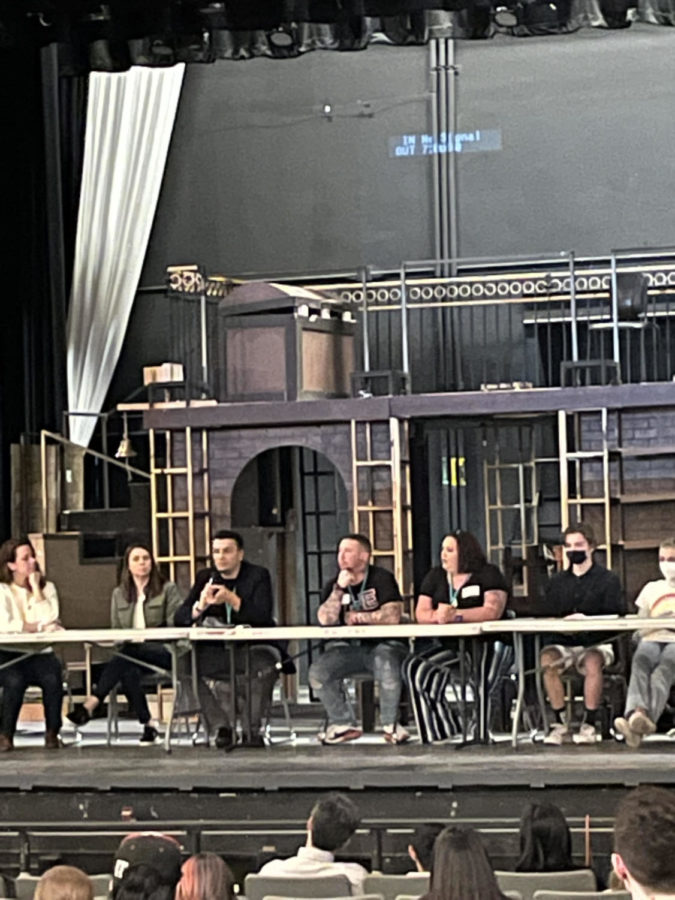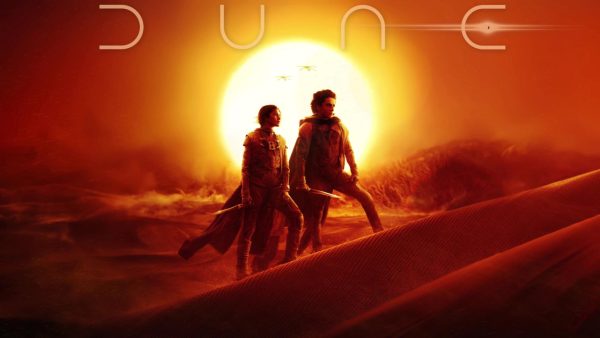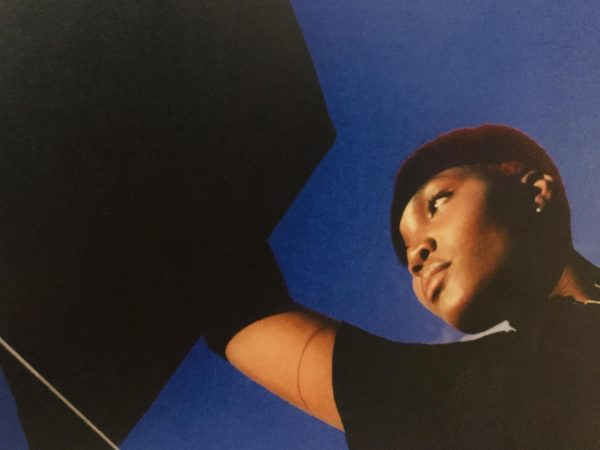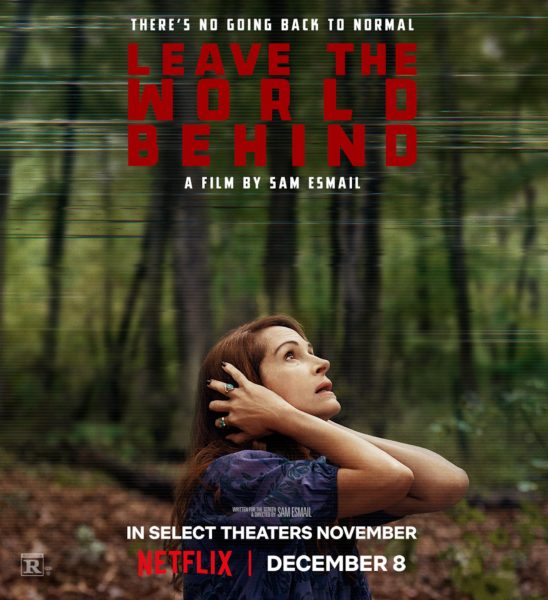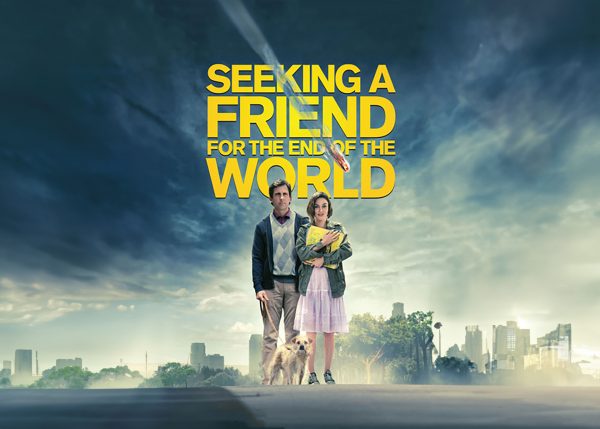BIFF’s Standout Showing of 2022
Members from the “Refuge” cast answer questions from Boulder High Students.
How can a single, unlikely friendship transform a man from being a hateful, white supremacist to an empathetic person with a better understanding of alternative ethnicities? This was one of the main themes in Refuge, which was featured in the Boulder International Film Festival, which holds an annual celebration of the art of cinema. The festival presents movies/documentaries and brings in producers and individuals featured in documentaries from all over the world that star in showing films. This year, the festival took place March 3-March 6, but the highlight of this article is the showing and Q&A of a film called Refuge at Boulder High that was held on March 3-4. Refuge is a documentary about a KKK member who befriends a Syrian refugee who is a cardiologist and a follower of Islam. The documentary takes place in Clarkston, Georgia, a diverse, resettlement suburb just outside Atlanta. It follows Chris Buckley, who was a member of the military and began hating Muslims after 9/11 and serving in Iraq and Afghanistan, came back home and started to use substances heavily in his small rural town, and finally joined the Ku Klux Klan to unleash his built-up hate against others.
Chris was quickly going down the wrong path of hate and white supremacism and his wife was becoming more and more concerned. After his family was nearly torn apart by conflict surrounding his drug abuse and white supremacy, Chris’s wife contacted an extremist group interventionist, Arno Michaelis, who is an ex neo-nazi, to mediate the situation. And there was success: Chris left the KKK and started his journey of reform. But his deep-seated hate for Muslim individuals continued. Will his abhor for Muslims all change when the interventionist puts him in contact with Heval Kelli, a Syrian refugee living in Clarkston, Georgia?
The process was gradual and met with resistance, but after Arno connected Chris and Heval Kelli, the Muslim Syrian refugee, the process became smoother. While Chris still had fear of Muslims for a long while, as the two continued to meet, they realized they were more like each other than they could ever have imagined. Although on the surface they look like polar opposites, as they gain a deeper understanding of each other, they find that, while every person is flawed, there are things to cherish about everyone. Little by little, Chris felt more comfortable with Muslim tradition and Heval realized that Chris is not all bad.
It is a heartwarming story of how the two, who seem like they are from completely different worlds, leave behind their extreme differences to understand each other. It is this deeper understanding of each other that causes Chris to leave behind his false prejudices and be more inclusive of alternative ethnicities.
This story is all too relevant. Although many people are not in the Ku Klux Klan and don’t have such extreme hate towards specific groups, the theme of gathering a deeper understanding of someone before judging them can be carried over to every person. As of late, especially politically, America has seen an increased polarization in citizens which has forced people further apart. Many tend to ignore the positives in people and jump right into criticizing them. If citizens can draw a deeper understanding of one another, there will be less widespread hate and the country could reunite.
What made the documentary more relatable was the Q&A that was held the day after it showed at Boulder High. The individuals in the school came to the school and answered questions about their lives and the documentary. In doing this, students were able to understand the true character of each person in the documentary and it allowed them to see that the characters are simply regular Americans that represent larger groups of people. This documentary was deep, touching, and most importantly, brought hope to the problem of social polarization in America.
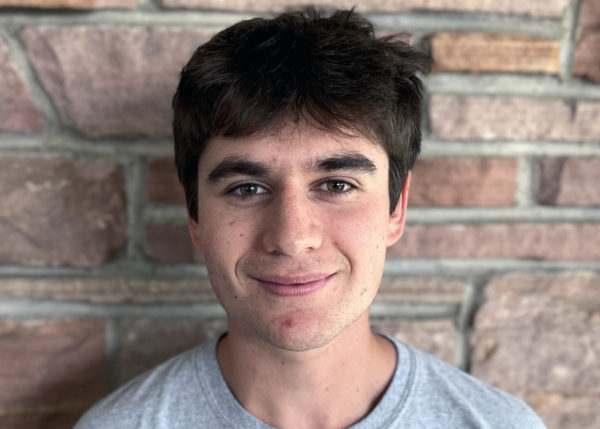
Jonathan Stafford is a senior at Boulder High School this year and will be taking on the role of editor-in-chief. This is his third year with The Owl. He has always liked writing and sharing his opinions. He looks forward to sharing his thoughts and opinions with the Boulder High community. When not in school, Jonny enjoys playing basketball and baseball, fantasy football, hanging out with friends and family, and being out in nature. He feels that journalism is a great way to educate the general population while expressing his own opinions. One debate he feels passionate about is the grape debate. When it comes to this debate, he feels that purple grapes are superior to any other type of grape.


